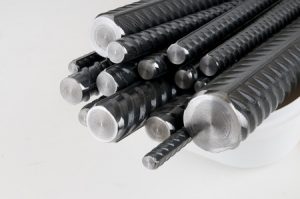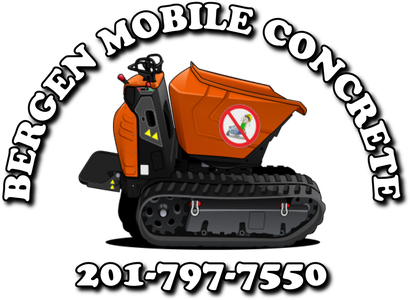 Did you know that modern concrete bridges require maintenance about once every five years, and major rehabilitation every 20 years? That’s true now, but a new type of rebar could change that in the future.
Did you know that modern concrete bridges require maintenance about once every five years, and major rehabilitation every 20 years? That’s true now, but a new type of rebar could change that in the future.
A team of engineers at Deakin University in Victoria, Australia has developed an experimental polymer rebar to reinforce concrete and improve its lifespan.
Steel rebar is typically embedded within concrete structures to give them support. However, the rebar rusts over time, and eventually the rust takes up more space than the original rebar. Rusted steel begins to push against the surrounding concrete, leading to an issue called spalling, where the concrete cracks and falls away from the main structure, thereby weakening it.
The Australian team, led by Dr. Mahbube Subhani and Dr. Kazem Ghabraie, developed a non-rusting rebar made of glass fiber-reinforced polymer and carbon. According to the engineers, the new type of rebar is stronger than steel rebar at just one-fifth of its weight.
The new rebar is also more environmentally friendly, since it requires only a quarter as much energy to manufacture.
In the Australian city of Geelong, the polymer rebar will soon be used in the construction of a pedestrian bridge. According to the Deakin University researchers, the bridge will not require any maintenance during its planned century-long lifespan. The bridge will also use eco-friendly concrete that is made using fly ash from coal combustion. Traditional cement production is a significant source of man-made carbon dioxide emissions.
If you need high-quality concrete, look no further than Bergen Mobile Concrete. We deliver concrete to the residents of Northern New Jersey using state-of-the-art mobile concrete mixers. Give us a call today at (201) 797-7550 to learn more.
